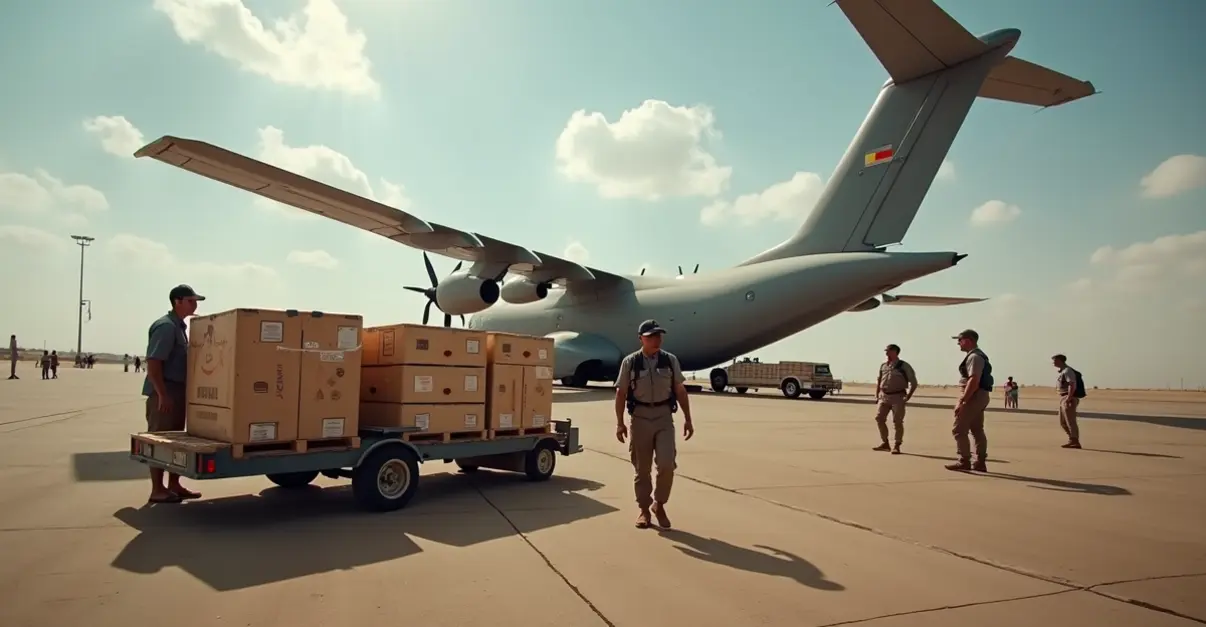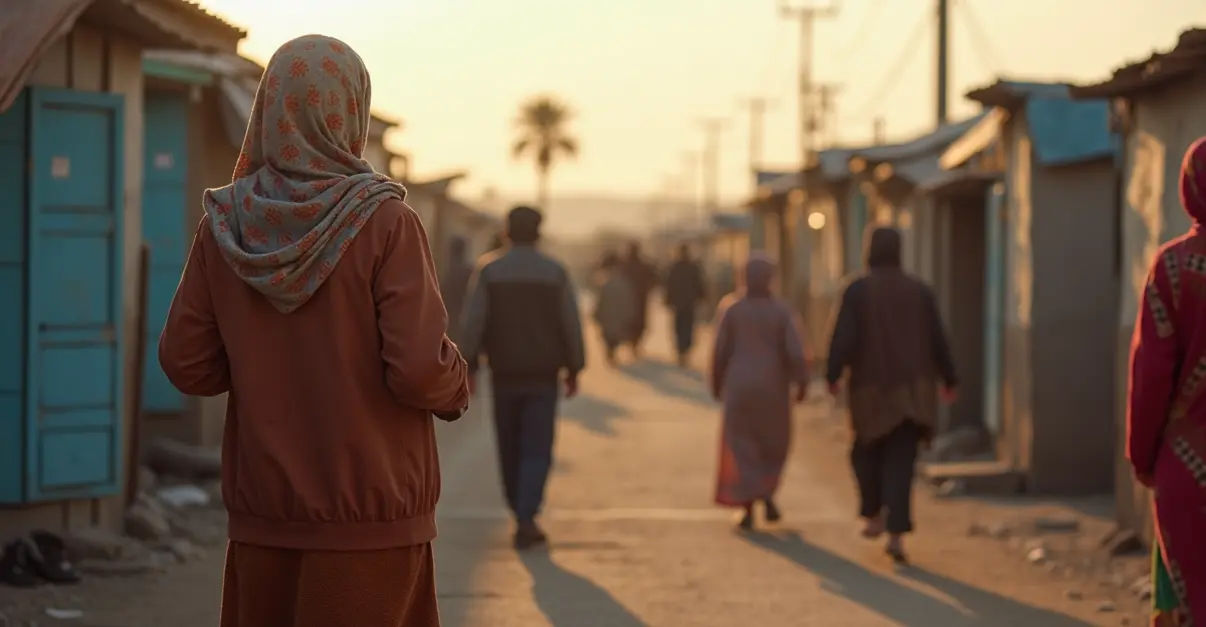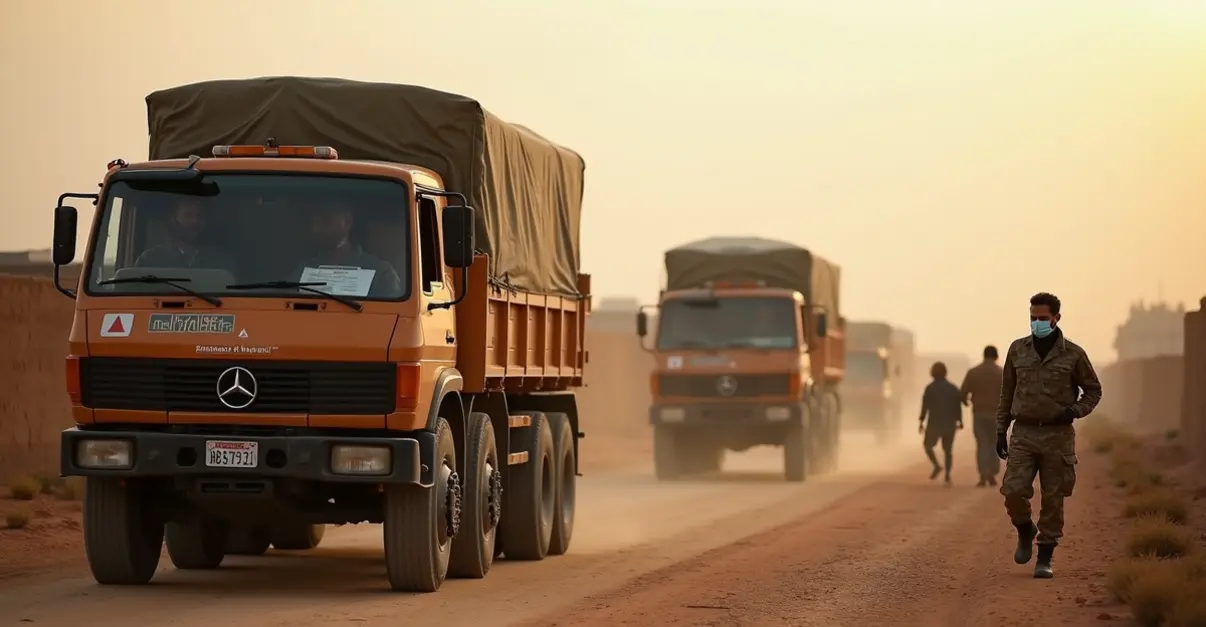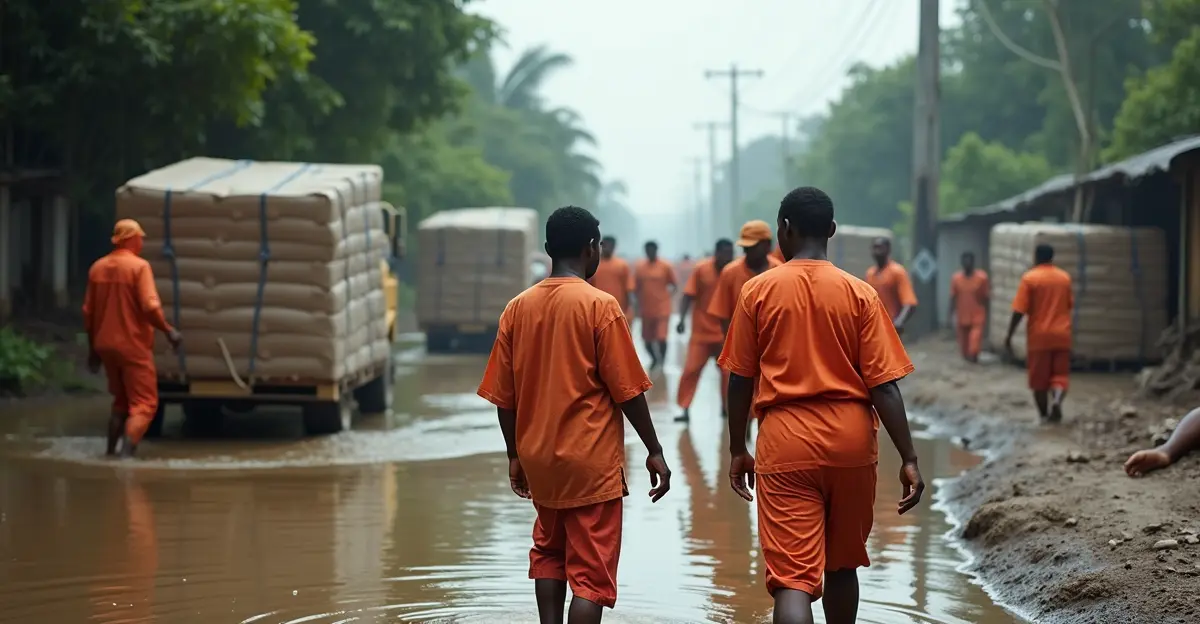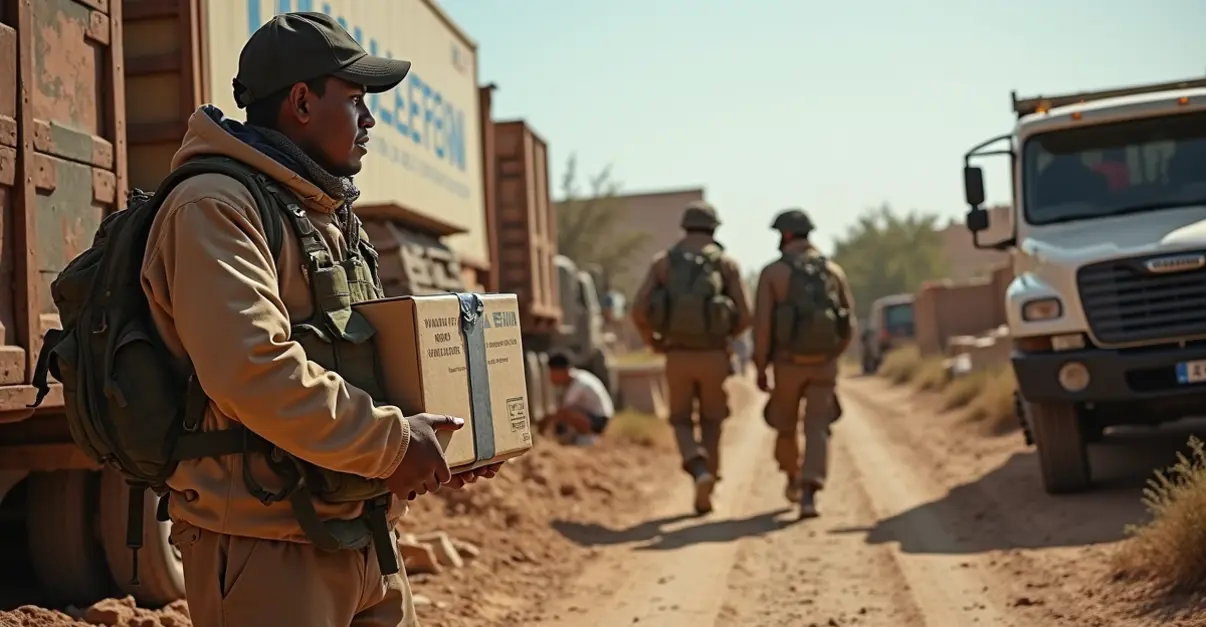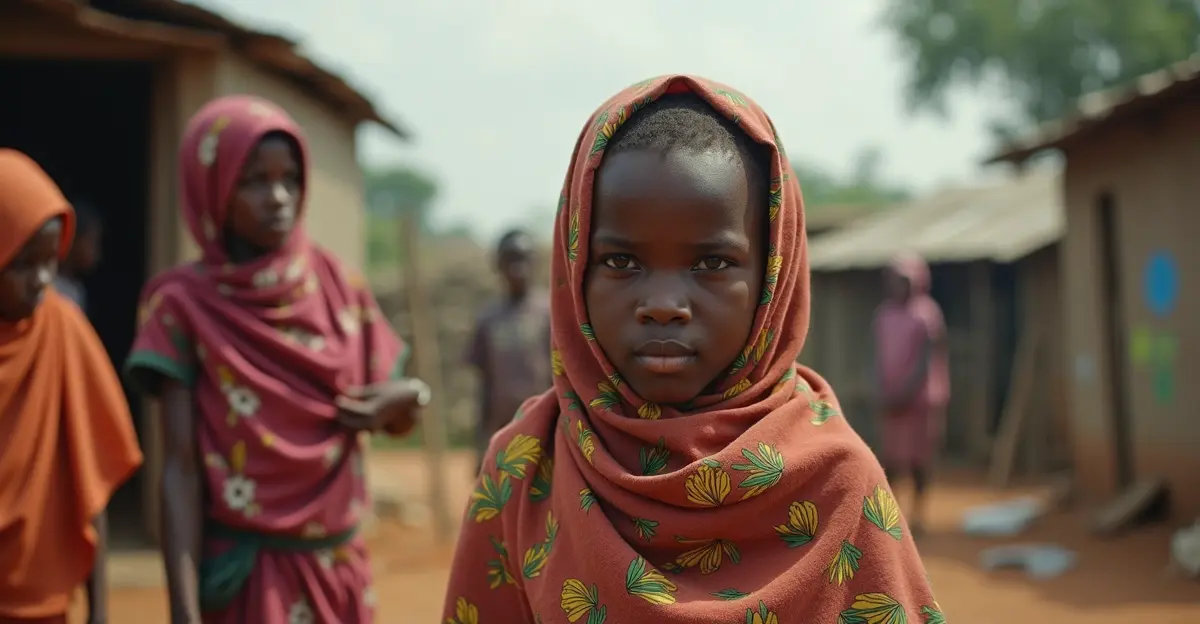As global displacement hits record levels in 2025, regional humanitarian coordination intensifies to address shelter, food, health services, and host community support. UN agencies and partners face a $47 billion funding gap while working to coordinate massive refugee responses across multiple regions.
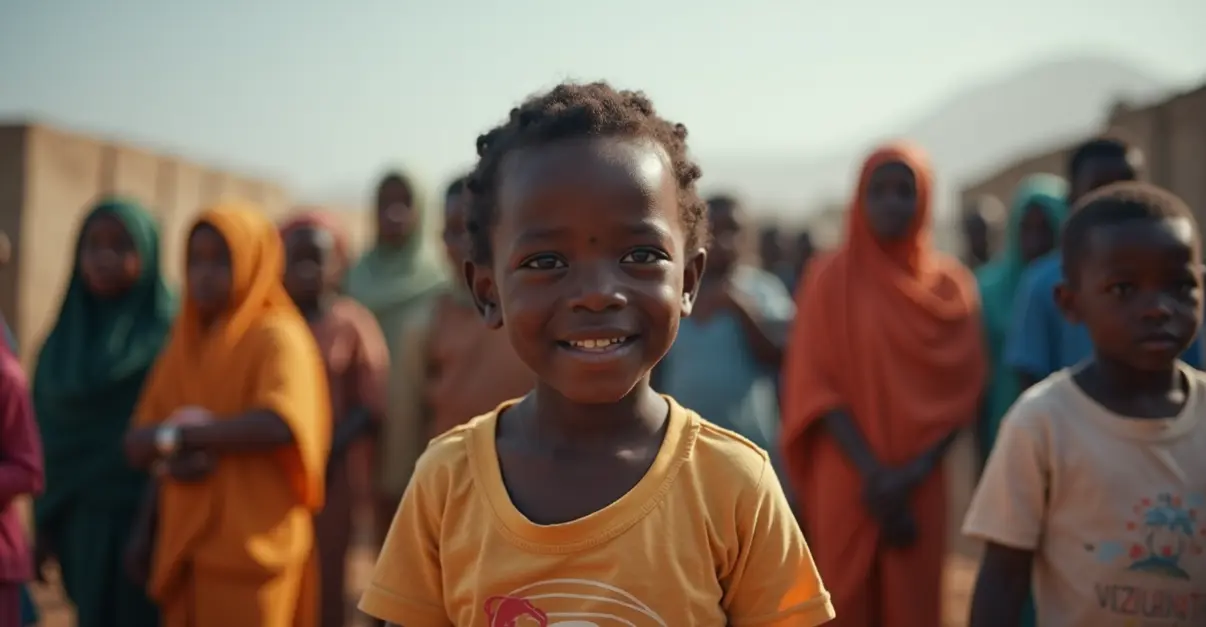
Regional Humanitarian Response Intensifies as Refugee Numbers Soar
As global displacement reaches unprecedented levels in 2025, regional humanitarian coordination has become more critical than ever. With nearly 123 million people forcibly displaced worldwide according to the UN Global Humanitarian Overview 2025, humanitarian organizations are racing to coordinate shelter, food, health services, and host community support across multiple regions simultaneously.
Shelter and Basic Needs Take Priority
The immediate challenge facing humanitarian agencies is providing adequate shelter for millions of displaced individuals. 'We're seeing unprecedented demand for temporary housing solutions across multiple conflict zones,' says Maria Rodriguez, a field coordinator with the International Rescue Committee. 'The scale of displacement requires innovative approaches to shelter that can be deployed rapidly while maintaining dignity and safety.'
Food security remains another critical concern. With climate-induced disasters and armed conflicts disrupting agricultural production, many refugee populations face severe food shortages. The coordinated response includes emergency food distribution, nutritional support for vulnerable groups, and livelihood programs to help refugees become self-sufficient.
Health Services Under Strain
Healthcare systems in host countries are struggling to cope with the influx of refugees. 'Many refugees arrive with complex medical needs resulting from trauma, malnutrition, and interrupted healthcare,' explains Dr. Ahmed Hassan, a medical coordinator with Médecins Sans Frontières. 'We're working to strengthen local health systems while providing specialized care for conditions that host facilities may not be equipped to handle.'
The health response includes vaccination campaigns, maternal and child health services, mental health support, and treatment for chronic conditions. Coordination between international health organizations and local health authorities has proven essential for preventing disease outbreaks and ensuring continuity of care.
Supporting Host Communities
Perhaps the most innovative aspect of the 2025 response is the increased focus on supporting host communities. 'Refugee crises don't happen in a vacuum,' notes Sarah Johnson, a resilience specialist with UNDP. 'When we support the communities that welcome refugees, we create more sustainable solutions that benefit everyone.'
Host community support programs include infrastructure development, economic opportunities, and social cohesion initiatives. The Syria Regional Refugee Resilience and Response Plan 2025, for example, includes $259.7 million targeting nearly one million people across Türkiye, Jordan, Lebanon, and Egypt, with specific provisions for host community assistance.
Coordination Challenges and Solutions
Coordinating such a massive humanitarian response presents significant challenges. Different organizations often work with varying mandates, funding streams, and operational approaches. The UNHCR's prioritization framework for 2025 aims to address these challenges by providing clear guidelines for resource allocation across different regions and sectors.
'Effective coordination requires trust, transparency, and a shared commitment to putting people first,' says Tom Fletcher, UN Under-Secretary-General for Humanitarian Affairs. 'We're seeing remarkable collaboration between UN agencies, NGOs, and local authorities, but the needs continue to outpace available resources.'
The global humanitarian community faces a $47 billion funding gap for 2025, according to UN estimates. This shortfall threatens to undermine the coordinated response efforts just as displacement reaches record levels.
Looking Ahead
As the refugee crisis continues to evolve, humanitarian coordination must adapt accordingly. The increasing complexity of displacement situations – often involving multiple drivers including conflict, climate change, and economic instability – requires more sophisticated coordination mechanisms.
'We're learning that effective humanitarian response requires both immediate action and long-term planning,' concludes Rodriguez. 'The coordination structures we build today will determine how well we can respond to future crises.'
The success of regional humanitarian coordination in 2025 will depend on sustained international support, innovative partnerships, and a continued commitment to protecting the most vulnerable populations worldwide.

 Nederlands
Nederlands
 English
English
 Deutsch
Deutsch
 Français
Français
 Español
Español
 Português
Português




